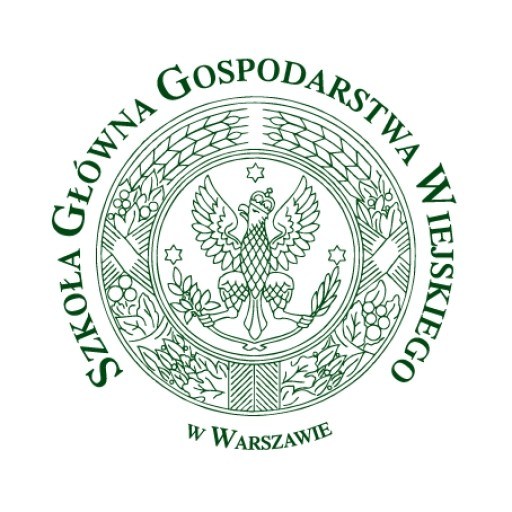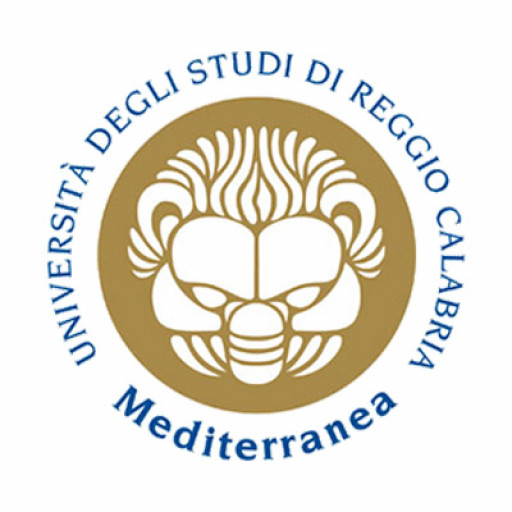Forestry with a specialization in Forest Information Technology at Warsaw University of Life Sciences is a comprehensive and innovative program designed to equip students with deep knowledge and practical skills in the fields of forest management, environmental protection, and cutting-edge information technologies. This interdisciplinary degree combines traditional forestry principles with modern digital tools, data analysis, Geographic Information Systems (GIS), remote sensing, and computer programming to meet the evolving needs of sustainable forest management and conservation. Throughout the course, students will learn to utilize advanced software for spatial data analysis, develop models for forest inventory and monitoring, and implement information systems that enhance decision-making in forestry practices.
The program emphasizes a balanced integration of theoretical foundations and practical applications, ensuring graduates are well-prepared for careers in research, forest administration, GIS mapping, environmental consultancy, and technology development related to forestry. Students will gain hands-on experience through laboratory exercises,fieldwork activities, and internships carried out in collaboration with leading forestry institutions, parks, and private companies. The curriculum covers key topics such as forest ecology, silviculture, forest genetics, ecology, and the principles of sustainable forest management, complemented by courses specifically focused on IT solutions for forestry, including digital mapping, data collection methods, programming, and database management.
Graduates of this specialization will be capable of designing and managing digital forest information systems, analyzing spatial and temporal data to monitor forest health, and applying modern technological innovations to solve contemporary forestry challenges. They will also be equipped with skills in project planning, teamwork, and communication necessary for effective collaboration with specialists from diverse backgrounds. The program aims to prepare students for dynamic roles where technological expertise is crucial for advancing sustainable forestry practices, environmental protection, and resource management. Upon completion, graduates will join a competitive workforce capable of contributing innovative solutions to preserve forest ecosystems and promote sustainable development. This program underscores Warsaw University of Life Sciences’ commitment to fostering environmentally conscious professionals equipped with the latest technological competencies in forestry.
The Forest Information Technology specialization at Warsaw University of Life Sciences offers an innovative and comprehensive curriculum designed to equip students with the skills necessary to manage and analyze forest resources using advanced information technology tools. This program focuses on combining traditional forestry knowledge with modern IT solutions to address contemporary challenges in forest management, conservation, and utilization. Students will explore core topics such as computer programming, GIS (Geographic Information Systems), remote sensing, database management, and spatial data analysis, all tailored specifically for forestry applications.
Throughout the program, students gain Hands-on experience with state-of-the-art software and hardware relevant to forest information systems, including the use of GPS technology, drones, and satellite imagery. The curriculum emphasizes the importance of data collection, processing, and visualization in making informed decisions related to forest planning, monitoring, and sustainable development. Students learn to develop and manage digital databases that store diverse forest data, enabling efficient tracking of forest resources and activities.
In addition to technical training, the program addresses the ecological, biological, and administrative aspects of forestry, ensuring graduates have a broad understanding of forest ecosystems and policies. The program promotes interdisciplinary learning by integrating principles of environmental science, data science, and information technology to create innovative solutions for forest management challenges. Students are encouraged to engage in practical projects, fieldwork, and internships with forestry organizations, government agencies, and private companies, providing real-world experience and networking opportunities.
Graduates of this specialization will be well-prepared for careers in forest administration, geospatial analysis, environmental consultancy, and research. They will be capable of developing, implementing, and managing modern information systems that support sustainable forest management and conservation efforts. The program's research-oriented approach and strong emphasis on practical skills make it an ideal choice for students interested in advancing technology-based solutions in forestry. Upon completion, students will hold a versatile degree that combines forestry expertise with cutting-edge IT skills, opening numerous opportunities within the forestry sector and beyond.
Bachelor degree or comparable in Forestry, Biology, Agriculture, Landscape Planning or related Natural Sciences. Confirmed command of English.
Enrolment of Polish students is organized by WULS-SGGW in Poland. German and foreign candidates are recruited by USDE in Germany. Applications of foreign candidates are processed by UNI-ASSIST (http://www.uni-assist.de/). Number of places available: 25.
The financing of the Forestry (Specialisation: Forest Information Technology) program at Warsaw University of Life Sciences is primarily supported through a combination of public funding, university resources, and student contributions. The program benefits from the overarching financial framework provided by the Polish national education system, which allocates funds based on the number of enrolled students and the strategic importance of the field. Tuition fees for international students are established according to the university’s regulations, with a differentiated fee structure that reflects the level of study and residency status. Domestic students often have access to government-supported scholarships and grants aimed at promoting higher education in key scientific disciplines, including forestry, environmental sciences, and information technology.
Moreover, the university actively seeks external funding opportunities through European Union programs and national research grants, which can augment the financial resources available for the program’s development. These funds support not only infrastructural investments—such as modern laboratories equipped for forest information technology research—but also facilitate student mobility and exchange programs, internships, and collaborative projects with industry partners. The university’s policy emphasizes ensuring access to quality education while maintaining financial sustainability.
Students enrolled in the program are encouraged to apply for various scholarships offered by the university, government, and private sector partners. Some scholarships are merit-based, rewarding academic achievements, while others target students from underrepresented backgrounds or those pursuing specific scientific fields. In addition, part-time employment and trainee programs within the university’s partner organizations provide supplementary financial support for students who wish to fund their studies independently.
Overall, the program’s financing strategy aims to balance the accessibility and affordability of higher education with the need for continuous modernization and development. The integration of diverse funding sources ensures that students receive high-quality education in Forest Information Technology, and the university remains competitive and innovative in its offerings. This multifaceted approach underscores Warsaw University of Life Sciences’ commitment to fostering the next generation of professionals capable of advancing sustainable forest management through cutting-edge information technologies.
The Forestry programme with a specialisation in Forest Information Technology at Warsaw University of Life Sciences is designed to equip students with both fundamental and advanced knowledge in forestry sciences, combined with specialized skills in information technology relevant to forest management and research. The curriculum encompasses a broad range of disciplines including forest ecology, dendrology, forest biology, and the principles of sustainable forest management, alongside courses in computer science, GIS (Geographic Information Systems), remote sensing, and data analysis. The integration of IT in forestry aims to prepare graduates for modern challenges such as forest monitoring, environmental protection, and resource management using state-of-the-art technological tools.
Students are introduced to the principles of forest data collection, analysis, and interpretation, enabling them to utilize advanced software for forest inventories, spatial analysis, and modeling. Practical training is provided through laboratory classes, fieldwork, and internships to give students real-world experience in forest surveying, GIS mapping, and remote sensing applications. The programme emphasizes the importance of environmental preservation and sustainable use of forest resources, aligning with global efforts to combat climate change and biodiversity loss.
Graduates of this specialisation are well-positioned for careers in forest administration, research institutions, environmental consulting, and private forestry enterprises. They possess competencies in managing forest information systems, analyzing geospatial data, and supporting decision-making processes related to forest resources. The faculty is composed of experienced academic staff with expertise in forestry sciences and IT, ensuring that students receive comprehensive education grounded in current scientific standards and technological innovations. The programme duration typically spans three to four years, culminating in a Bachelor's or Master's degree, depending on the specific curriculum structure.
Overall, the programme aims to produce versatile professionals capable of applying information technology to solve forestry-related problems, contributing to sustainable forest management and conservation efforts on national and international levels.








